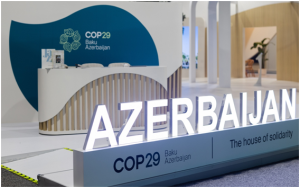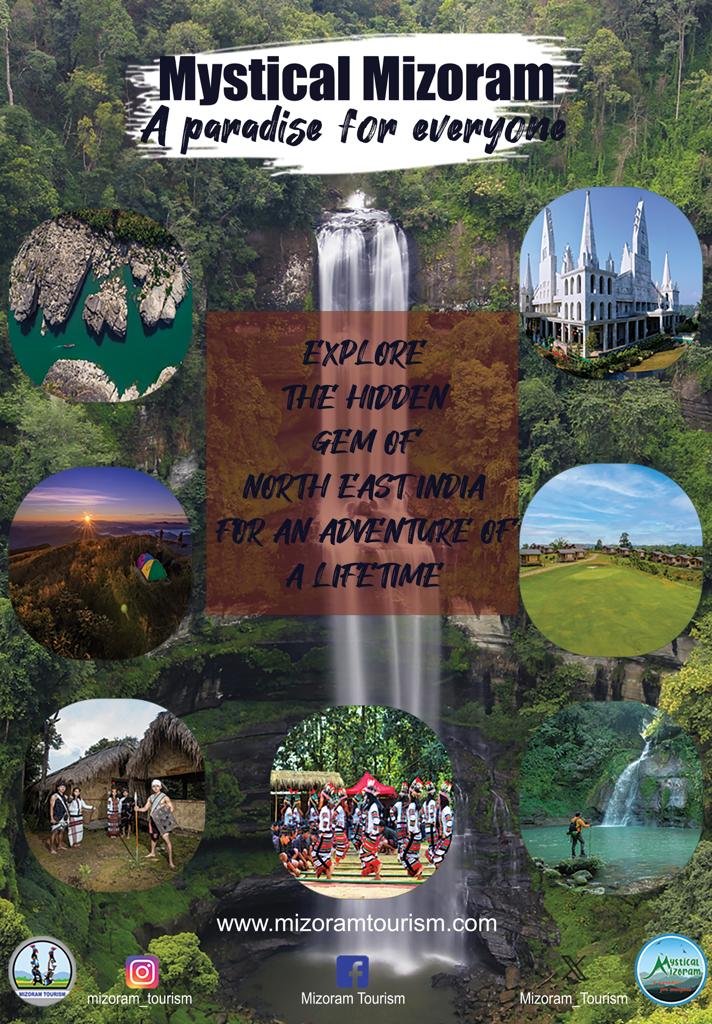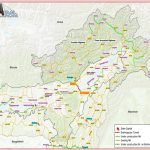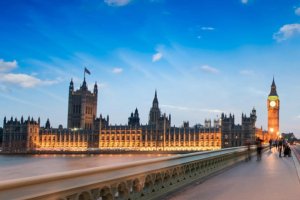
TTT NEWS NETWORK
KOLKATA, 11 NOVEMBER 2024:
Tourism’s place in global climate action will be center stage on 20 November at COP29 in Baku, Azerbaijan, as part of the COP29 Presidential Initiatives. This achievement was welcomed by the G20 Tourism Ministers Meeting in Belem, Brazil.
For the first time, the UN Climate Change conference of the parties will welcome Tourism Ministers, placing the sector firmly within the COP29 Action Agenda and providing a high-level platform for dialogue – at the initiative and joint leadership of the State Tourism Agency of the Republic of Azerbaijan and the World Tourism Organization (UN Tourism).
This achievement reflects the leading role played by UN Tourism in a shift for a science-based approach to guide the sector on tourism climate action, and builds on the efforts of the Glasgow Declaration Initiative, which is implemented within the framework of the One Planet Sustainable Tourism Programme. The collaboration of committed Member States and tourism stakeholders, and the support provided by the United Nations Environment Programme (UNEP), have been instrumental in achieving this landmark momentum for the tourism sector at COP29.
Scheduled for 20th November, the First Ministerial Meeting on Climate Action in Tourism will be followed by three high-level thematic roundtables on measurement and decarbonization, regeneration (adaptation) and finance and innovative solutions, building towards a bold tourism climate agenda for good.
Baku Declaration: Tourism steps up its ambitions
The COP29 Presidency, will lead the launch of the Baku Declaration on Enhanced Climate Action in Tourism. The Declaration is a call to action in response to the need to develop more economy-wide Nationally Determined Contributions (NDCs) to the Paris Agreement, as called for by UN Secretary-General, Antonio Guterres, UNFCCC’s Executive Secretary, Simon Stiell and UN Tourism Secretary – General, Zurab Pololikashvili. In Baku, government representatives will be encouraged to endorse the Declaration and set out their plans to connect tourism policies and efforts with national climate goals and the UN Climate Change Agenda. UN Tourism and the State Tourism Agency of Azerbaijan will be releasing for public consultation a Position Paper on Exploring Opportunities to Integrate Tourism in NDCs, in a nationally determined manner.
Boosting Engagement and Accountability:
Two of UN Tourism’s flagship sustainability initiatives will also feature in the Thematic Day, with stakeholders urged to take action.
The Glasgow Declaration Initiative on Climate Action in Tourism, is a voluntary commitment launched at COP26, implemented within the framework of the One Planet Sustainable Tourism Programme, and recognized as a Global Climate Action initiative by UNFCCC. At COP29, the Glasgow Declaration Initiative is to be given fresh impetus to include additional signatories, especially focusing on its positioning as a tool to support the implementation of national climate policies through tourism climate action structured around five strategic pathways: measurement, decarbonization, regeneration/adaptation, collaboration and finance.
Also in Baku, the Statistical Framework for Measuring the Sustainability of Tourism (MST), adopted by the UN Statistical Commission in February 2024, will be formally acknowledged as the tool to measure the sector’s climate action impacts. The MST Framework is a living example of moving beyond GDP to also include environmental data, such as GHG emissions and energy use. In recognition of this, MST will be positioned in its capacity to drive the production of more trustworthy, country-owned and internationally comparable data on the impact of tourism on climate change, laying the necessary foundation for progress in the mitigation of tourism-related GHG emissions and energy efficiency.
A COP29 Legacy for Enhanced Climate Action:
As part of the plans to continue accelerating climate action in tourism, COP29 delegates will be discussing a coordination mechanism and partnership envisaged, led by UN Tourism with the UN System, multilateral partners, the industry, academia and other key stakeholders to ensure coherence and alignment to advance a science-based agenda for positive impact.

Advertisement:






























Add Comment